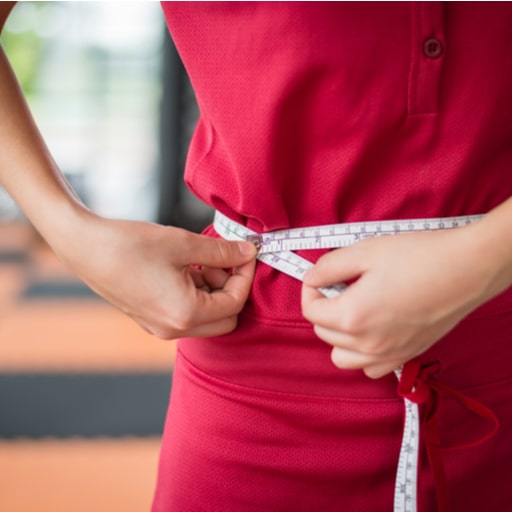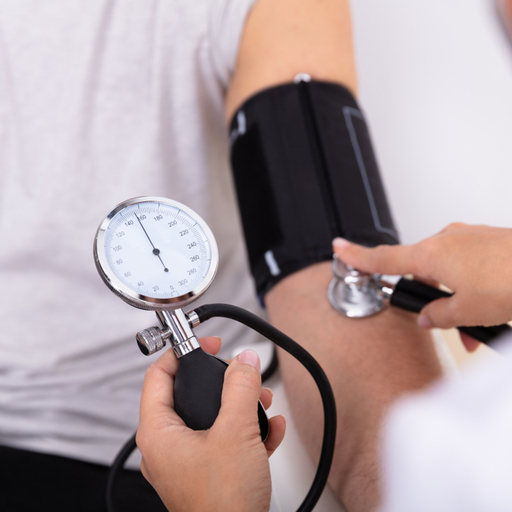Your waist to hip ratio (WHR) is one of several measurements to find out if your excess weight is a health risk or not. A higher ratio indicates more fat around your waist which can be a health concern. Read on to know how you can use the waist to hip ratio calculator to improve your health:
What You Should Know:
- How to measure your waist to hip ratio
- What is the normal range for waist to hip ratio?
- How to improve your waist to hip ratio and your health?
What is the normal range for waist to hip ratio?
The waist to hip ratio formula considers the circumference of your waist and your hip. This is helpful because people who carry more weight around their belly or waist tend to have a higher risk for diabetes.
Before calculating your waist to hip ratio, you should know also know what is a healthy WHR for you. According to the World Health Organization (WHO), an ideal waist to hip ratio is:
- 0.9 or less in men
- 0.85 or less for women
In both men and women, a waist to hip ratio of 1.0 or more increases the risk of heart diseases and other health conditions caused by being overweight.
How to measure your waist to hip ratio?

You can check your WHR at home itself, if you have measuring tape. Simply follow these steps to find out if your body is healthy.
- Stand upright and breathe out.
- Use a measuring tape and check the smallest distance around your waist, just above the belly button. This will be your waist circumference.
- Then use the same tape and measure the widest part of your hip, around your buttocks. This will be your hip circumference.
Enter these numbers along with your gender in our Activ Living Waist to Hip Ratio Calculator to calculate your WHR.
How to improve your waist to hip ratio and your health?

If you find out that you have an unhealthy waist to hip ratio there’s no need to panic. The best way to improve your WHR is by losing the extra weight which will in turn help you work your way back to health. You can start by making a few lifestyle changes like:
- Starting moderate exercises
You should consider exercising for at least 30 minutes 5 days a week. There is no need to start off with intense exercises. You can start with moderate exercises like walking or jogging, cycling, hiking or even dancing.
- Modifying your diet
Change your food habits by forming a balanced diet and sticking to it. This will include adding whole grains and high fibre foods and 5 servings of fruits and vegetables in your daily diet. You should also avoid foods and liquids that are high in unsaturated fats, sugar and salt. Don’t forget to drink atleast 6-8 glasses of water daily.
For more fitness or nutrition related advice, visit the Activ Living Community.
Popular Searches
Natural Beta blockers | How to cure depression | Summer activities for kids | High bp symptoms | HIIT workout | How to increase platelet count | Dash diet | Systolic and diastolic blood pressure | High blood sugar symptoms | Tabata workout | Push ups for beginners | Benefits of zumba | How to prevent breast cancer | Homeopathic medicine for asthma | Fruits to avoid in pcos | Neck pain relief exercises |Yoga for heart | Healthy soup recipes | Anti aging foods | Vitamin rich foods





 1800-270-7000
1800-270-7000










